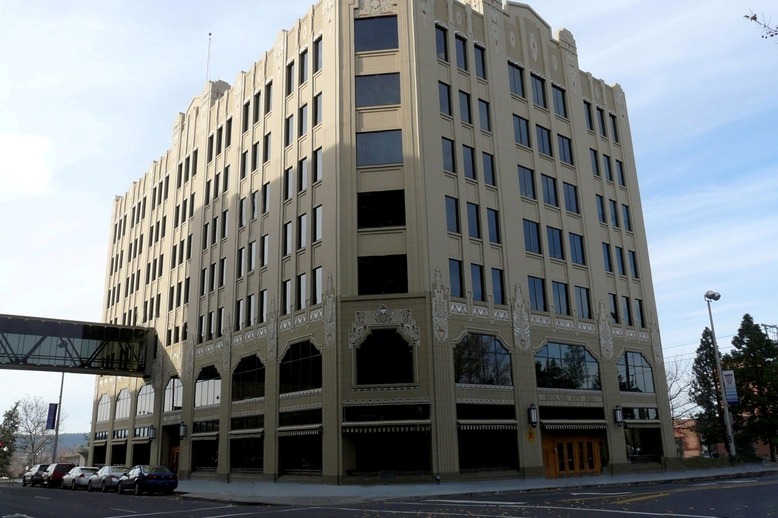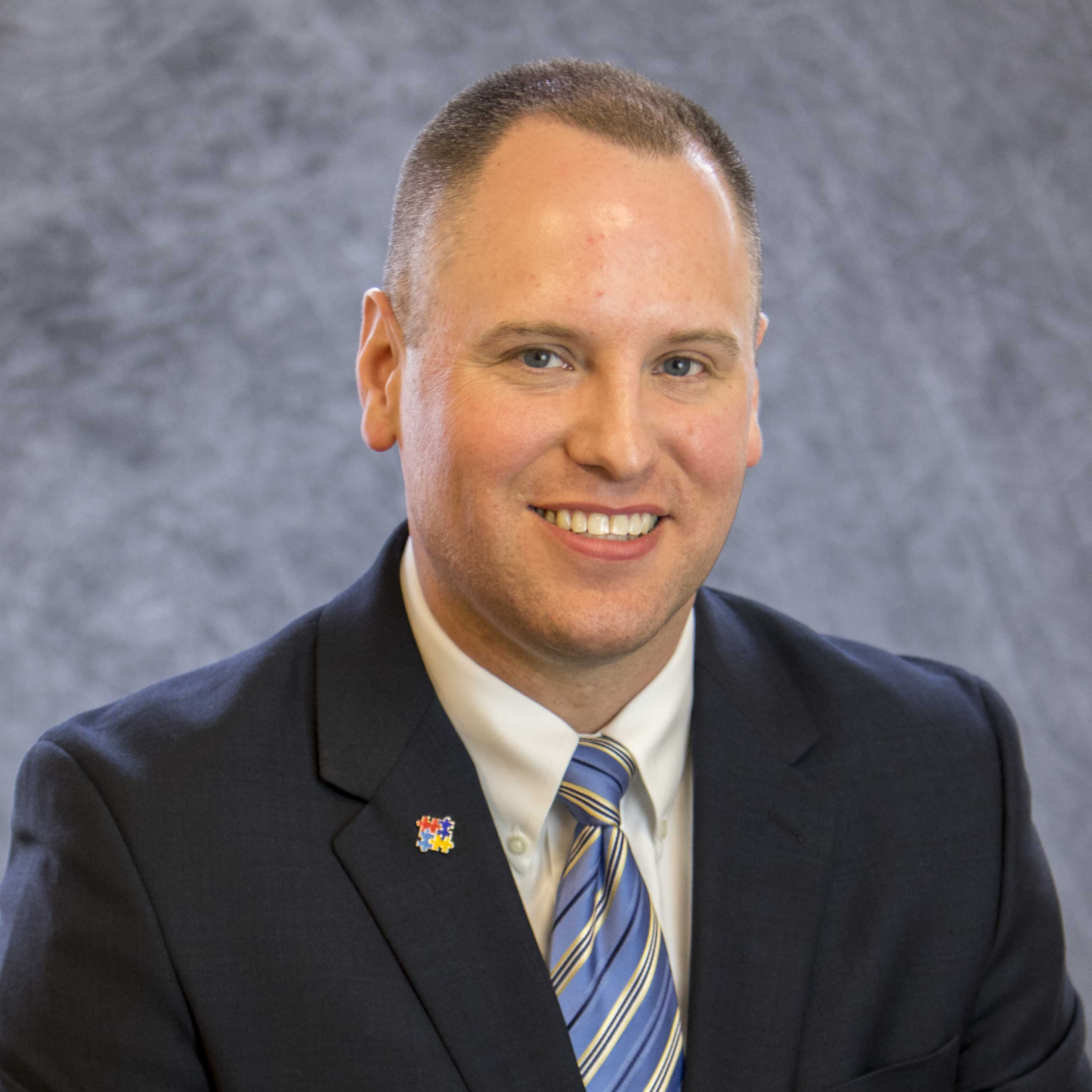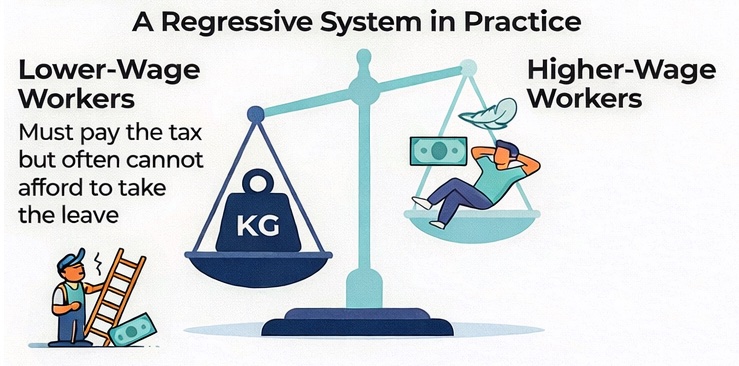“What is there to hide?” That’s the question Spokane voters could be asking themselves this fall if they end up voting on a city charter amendment that would require collective bargaining talks between the city and government unions be transparent and open to public observation.
The measure, being proposed by the group “Better Spokane,” would make the city of Spokane the sixth local government in the state to adopt open collective bargaining requirements. It is already the law in Lincoln County, Kittitas County, Ferry County, Spokane County and the Pullman School District.
Currently, collective bargaining talks – the discussions between the city and city unions over how much taxpayer money city union members should receive – are secret and closed to any public oversight.
These secret negotiations between government unions and public officials often involve millions of dollars in public money.
Since taxpayers are ultimately responsible for funding these contract agreements, they should be allowed to monitor the negotiation process so they may hold the government officials who represent them accountable for their actions.
It is not just taxpayers who are deprived of their right to know how they are being represented. Rank and file public employees on whose behalf their union negotiates are also left in the dark as a result of the lack of transparency in the collective bargaining process.
Public employees are taxpayers as well, and they may be concerned about the financial obligations public officials are committing the public to paying, especially when such obligations are agreed to in secret.
Only the government officials and union executives who negotiated the deal have the privilege of knowing the details, such as what offers were made, and rejected, in collective bargaining negotiations. Taxpayers, union members, lawmakers, and the media only find out after the agreement has been reached. These stakeholders are left wondering whether, and how well, their interests were represented.
Secrecy is not the rule in every state. Washington’s neighbors to the south and east, Oregon and Idaho, both require collective bargaining negotiations be open to the public.
Washington state has one of the strongest open government laws in the country. The state’s Public Records Act and the Open Meetings Act (OPMA) require that both laws be “liberally construed” to promote open government and accountability to the public.
The state’s Open Public Meetings Act (OPMA) says:
“The people of this state do not yield their sovereignty to the agencies which serve them. The people, in delegating authority, do not give their public servants the right to decide what is good for the people to know and what is not good for them to know. The people insist on remaining informed so that they may retain control over the instruments they have created.”
Recently, Washington Policy Center released this short video which details the process.
Newspaper editorial boards across the state have already endorsed the type of charter change being proposed in Spokane, with the Spokesman-Review last year saying:
“Government officials and their union counterparts at the negotiating table might object that their conversations are sensitive, that they might be embarrassing at times. Too bad. That’s exactly why the public should get to see them. If one side is negotiating in bad faith or being unreasonably obstinate, that should be known, not hidden. Too often public union negotiations devolve into “he said, she said” sniping.”
The Seattle Times went a step further, detailing the success of the Pullman School District’s open collective bargaining talks and proclaiming:
“Transparency benefits those involved in negotiations as well as the public. Disclosing terms ensures that all sides know what’s on the table and prevents either side from sharing skewed information.”
The public should always have the right to know what tradeoffs and promises led to final and binding collective bargaining agreements. Especially when those agreements lock into place millions and sometimes billions of dollars of annual taxpayer spending.
It is important to remember, as declared by the state’s Open Public Meetings Act, that the people “do not give their public servants the right to decide what is good” for them to know, and “the people insist on remaining informed so that they may retain control over the instruments they have created.”
This fall, the citizens of Spokane might have the chance to make good on that insistence and join other governments and school districts in the state in shining the light on government.






